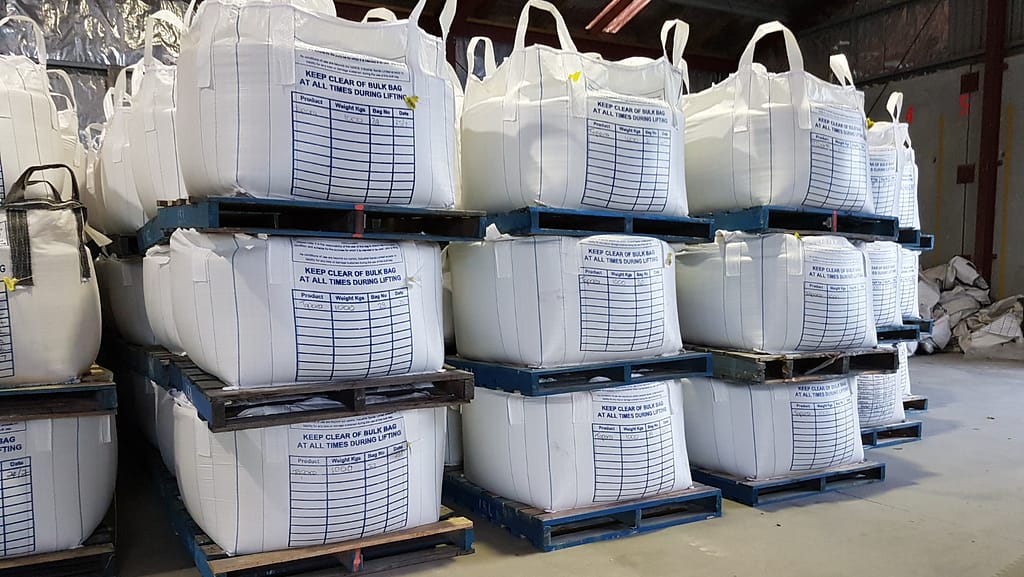Bulk bags, or flexible intermediate bulk containers (FIBCs), are indispensable for storing and transporting large quantities of materials. They come in both multi-use and single-use varieties. While both fulfill the same basic purpose, understanding their key differences is crucial for making the right purchase decision.

Single-Use Bulk Bags
Single-use bulk bags, often called disposable bags, are typically made of polypropylene and designed for one-time use. They effectively store and transport powders, granules, grains, and similar bulk materials. Once used, they are discarded and replaced.
Multi-Use Bulk Bags
In contrast, multi-use bulk bags are constructed from more durable materials like woven polypropylene. They can withstand repeated use, heavier loads, and rougher handling. Multi-use bulk bags are often termed “reusable” due to their extended lifespan.
Key Factors for Choosing Between Single-Use and Multi-Use
Here’s what to consider when making your choice:
- Cost: While single-use bags are initially cheaper, frequent usage can quickly drive up costs. Multi-use bags have a higher initial price but offer long-term savings due to their reusability.
- Environmental Impact: Single-use bags significantly contribute to global waste. Multi-use bags offer a more sustainable option, reducing landfill waste and resource consumption.
- Hygiene: Single-use bags are ideal when hygiene is paramount, such as in the food industry where contamination risks are high. Their disposal after use minimizes cross-contamination potential. Multi-use bags require thorough cleaning and inspections for safe reuse.
- Storage Space: Single-use bags are space-savers compared to their multi-use counterparts, making them preferable when storage is limited.
Conclusion
Single-use and multi-use bulk bags each have their merits. Single-use bags shine in occasional bulk storage needs and when storage space is at a premium. Multi-use bags offer a sustainable solution for frequent bulk handling of materials. The best choice hinges on carefully evaluating your specific requirements.
